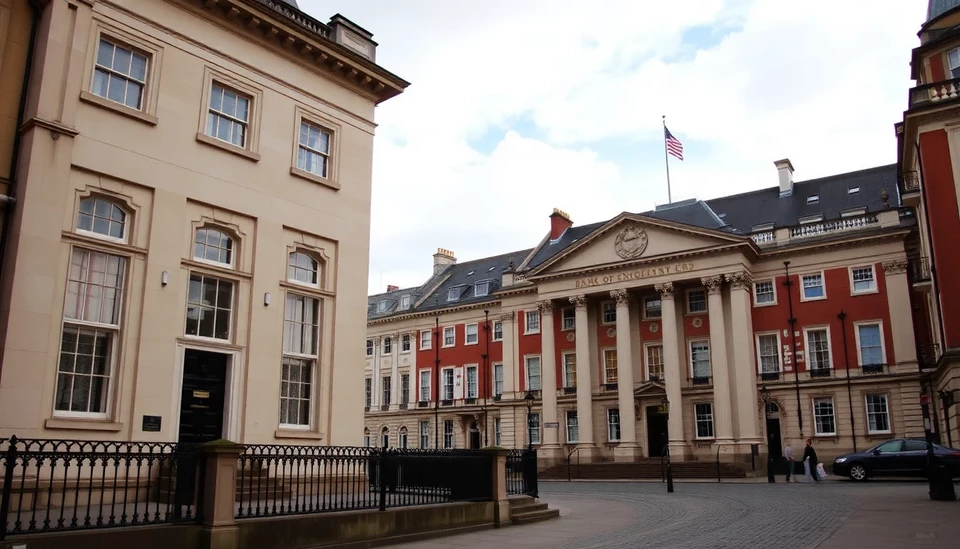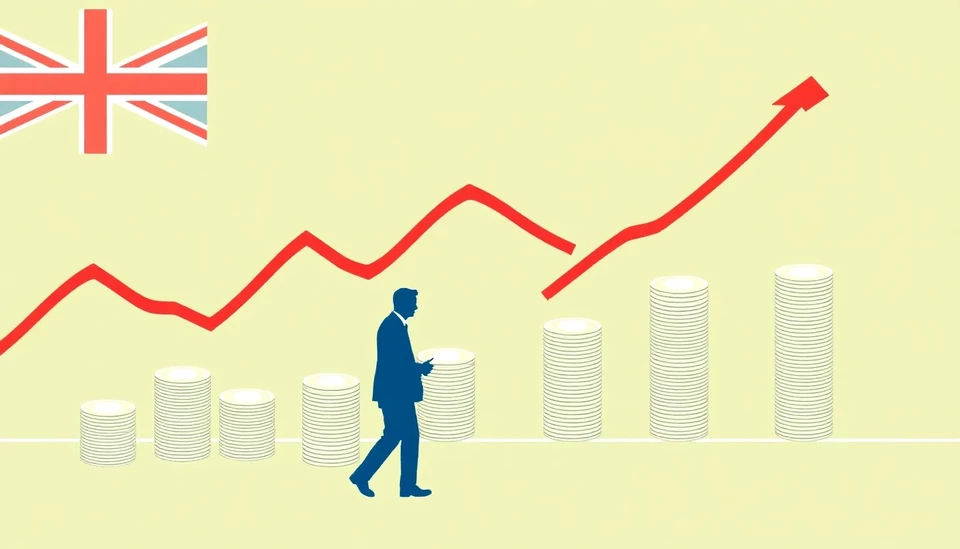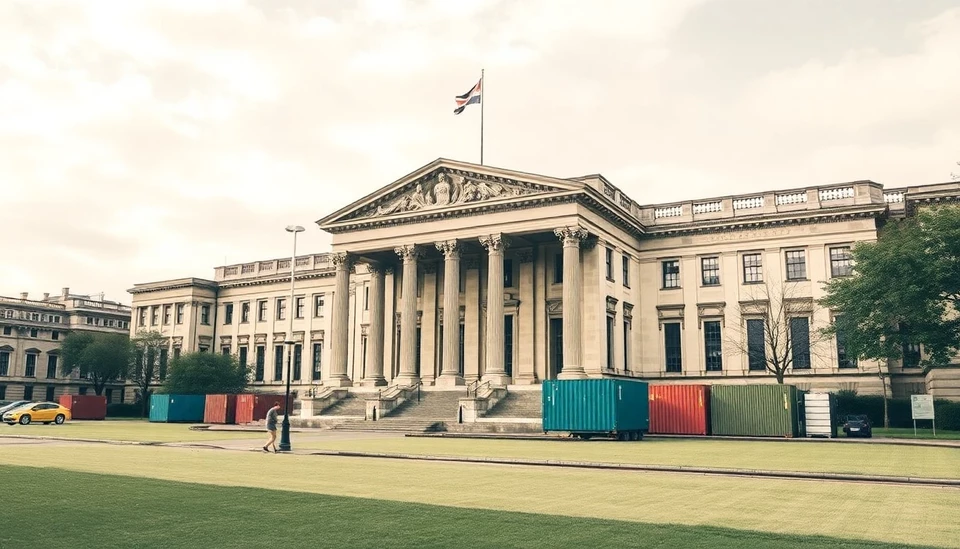
The Bank of England (BoE) is poised to announce troubling projections concerning the UK economy this week, forecasting a period of stagflation that could hinder Labour leader Rachel Reeves' ambitions as she eyes the next general election. The BoE's latest economic outlook is expected to stir significant concerns among policymakers and the public alike, as it may point to stagnant economic growth coupled with rising inflation—a combination that has historically complicated government fiscal policies.
In their forthcoming report, the BoE is anticipated to reveal a decreasing growth forecast for the economy over the next few years, alongside a recalibrated inflation expectation. This dual challenge not only complicates the UK's economic recovery plans but also increases scrutiny on the Labour Party's proposed measures in response to these economic headwinds.
As policymakers scramble to mitigate the adverse effects of possible stagflation, Reeves and her party face mounting pressure to offer credible solutions. Reeves has been vocal in rallying support for a transformative economic agenda, yet the new projections from the BoE are set to intensify the debate around the feasibility and impact of her proposals. It's a critical moment that could have lasting implications for her political capital.
Economists and analysts suggest that the BoE's anticipated inclination towards maintaining higher interest rates could be a double-edged sword. While aimed at controlling inflation, elevated rates can dampen economic activity. This strategy could lead to a further slowdown, paralleling the government’s efforts to stoke growth through fiscal policies, creating a challenging balancing act for Reeves and her party.
Despite the grim economic forecasts, Reeves remains committed to her vision for the UK economy, which centers around investment and support for vulnerable sectors. However, as the reality of stagflation sets in, Labour's messaging will need to resonate more with anxious voters, many of whom are feeling the pinch of rising costs in their everyday lives. The timing couldn’t be more critical as the general election approaches and voters seek clarity on how their lives will be impacted by party policies.
The current climate reflects a wider context of global economic uncertainty, with pressures emanating from several fronts, including the ongoing impacts of geopolitical tensions and supply chain disruptions. As the UK navigates these complex challenges, the BoE's projections serve as a sobering reminder of the delicate state of the economy and the intricate relationship between fiscal policy and public sentiment.
As attention turns to the Bank of England's upcoming announcement, all eyes will be on how this data shapes political discourse in the UK. Rachel Reeves’ ability to address the looming specter of stagflation could very well define her leadership and the Labour Party’s electoral prospects.
In this moment of uncertainty, the political landscape is shifting, and the stakes have never been higher as both the Bank of England and the Labour Party grapple with the implications of a faltering economy.
#BankofEngland #Stagflation #RachelReeves #UKEconomy #LabourParty #Elections2024
Author: Rachel Greene




